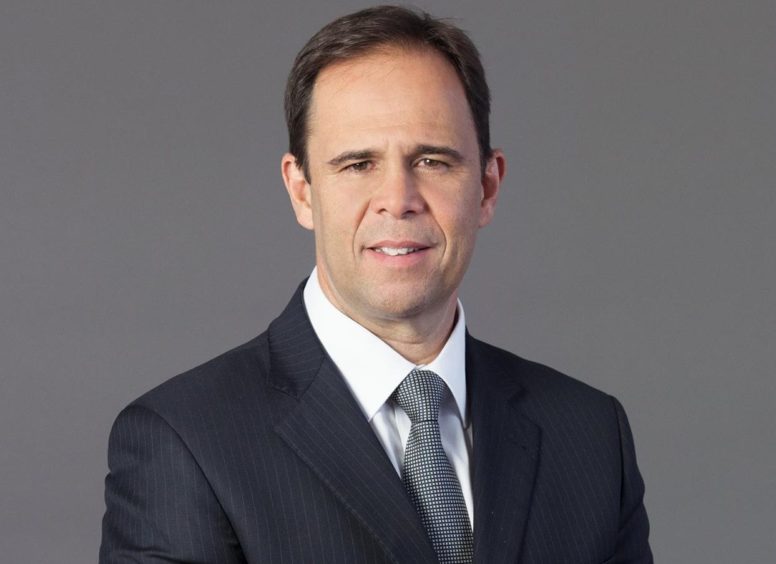
Aker Solutions has warned that revenue and earnings are expected to dip next year as it fights for work in a “very competitive market”.
The Norway-headquartered firm, which last week announced plans to cut nearly 100 Aberdeen jobs, said the estimate is driven by order intake in 2019 and the phasing in of new work.
It also set out plans to derive 20% of its revenue from renewables and 25% from low-carbon solutions by the year 2030.
Posting its third quarter results, the energy services company reported a drop in pre-tax earnings, despite work on megaprojects in the UK and Norwegian sectors of the North Sea.
Pre-tax income was £11.8m, down from £19.7m in the same period the year before, however it hailed an increase in revenues for the period, up to £618.7m from £551m in Q3 2018.
That was driven by “good execution and high activity levels” on projects like Equinor’s giant Johan Sverdrup in Norway and Mariner in the UK’s east Shetland basin.
Other highlights included the Aerfugl and Skogul projects in Norway completed under a consortium agreement with Aker BP and Subsea 7.
Earnings before interest, tax, depreciation and amortisation (EBITDA) were £47m, up from £39.2m the year before.
However both revenue and EBITDA are expected to drop going into next year.
Chief executive Luis Araujo said: “After delivering nearly 25 percent revenue growth and stable margins over the past two years, we expect to see slightly lower revenues and margins next year.
“This is mainly driven by the order intake in 2019 and the phasing in of new work won in a very competitive market.
“We believe we are well positioned to win new work and to deliver a solid financial and operational performance in 2020.”
Orders totalled £398m in the quarter, with a total backlog of £2.3billion.
Announcing plans to consult on 95 Aberdeen jobs last month, the firm said it followed a “change to product and manufacturing demand in Aberdeen, subsequently impacting our UK workforce”.
This was also driven by the UK business “evolvinhg” to deliver “digitally enabled services and enhanced solutions”.
The Unite union described the announcement as a “massive blow” to the workforce.

